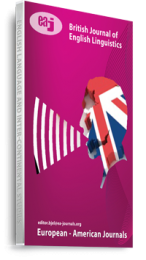Wars have no memory, and nobody has the courage to understand them until there are no voices left to tell what happened,” –Carlos Ruiz Zafón, The Shadow of the Wind.The literature of war is a literature of paradoxes, the greatest of which is the fact that it comments continuously on its own failure. War writers often lament their incapacity to describe the realities of armed combat, the inexpressible nature of the subject matter, the inadequacy of language, and the inability of their audiences to understand. Tim O’Brien writes of the war he experienced in Vietnam: “There is no clarity. Everything swirls. The old rules are no longer binding, the old truths no longer true. Right spills over into wrong. Order blends into chaos, love into hate, ugliness into beauty, law into anarchy, civility into savagery. The vapors suck you in. You can’t tell where you are, or why you’re there, and the only certainty is overwhelming ambiguity.” From ancient Nordic ballads to Masai folk songs or Red Indian sagas, war has always been a predominate theme in literature. Zafon in The Shadow of the Wind portrays a war ravaged Barcelona and comments, “There’s something about that period that’s epic and tragic” for like the Old English Elegiac poetries, the Arthurian Romances, Gorky’s Mother or Tolstoy’s War and Peace, the literature of the Great Wars have altered human perception and the very fabrics of literature. However, we witness a distinct line between the literature of both world wars. The Second Great War threatened the humankind like never before. It was a manmade crisis which threw us to the brink of extinction, and thus displaying the futility of human existence. As humanity experienced the terror of the ‘absurdity’ of reality, the philosophy if ‘nothing to be done’ surfaced in their consciousness. This paper aims to evaluate the marked change in the form of poetry written in the two Great Wars and how far the Second World War was responsible for the advent of Modernism.
Keywords: Blitz, Existentialism, Genocide, Modernism, Poetry of the Great Wars, Surrealism., Trench Warfare, Women poets of the First World War

